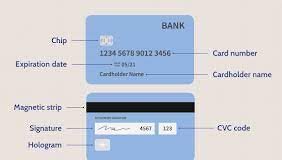The grace period on a credit card is the time between when a billing cycle ends and the payment is due. The end of the billing cycle is also called the statement date, or when the monthly statement is physically sent or made available online to the cardholder. The payment due date is about three weeks later.
You won’t be charged any interest on the purchases you’ve made within a billing cycle as long as you pay your bill in full before the due date. “If you make full payment, you’ll benefit from an interest-free purchase, not paying a penny more than you paid for the product,” says Bruce McClary, vice president of communications for the National Foundation for Credit Counseling, a nonprofit financial counseling organization.
Grace periods for revolving credit accounts like a credit card shouldn’t be confused with grace periods on other financial products like loans, says Leslie H. Tayne, founder and head attorney at Tayne Law Group, a New York firm that specializes in debt solutions. “It’s not like with a mortgage statement where the payment is due on the 1st and you have until the 15th to pay,” she says. The due date listed on your card statement is the deadline when you must pay your bill.








